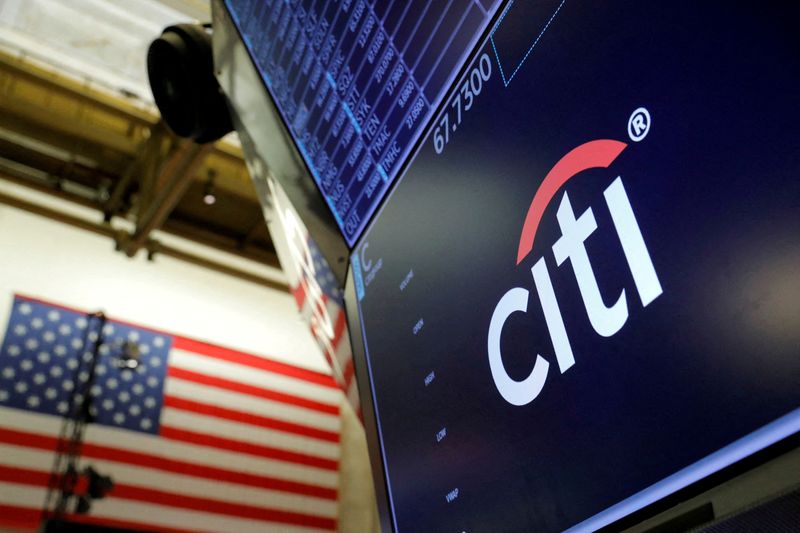By Isla Binnie
NEW YORK (Reuters) – West Virginia added four financial firms on Monday to a list of institutions that could be barred from some state business because the state treasurer believes they are boycotting the fossil fuel industry.
It is the latest move in a simmering dispute between Republican officials and Wall Street firms over the use of environmental, social and governance (ESG) factors in banking and business.
West Virginia, a major energy-producing state, created the list in 2002, placing five companies on it at the time.
State Treasurer Riley Moore said Monday that Citigroup, HSBC Holdings (NYSE:), TD Bank and Northern Confidence (NASDAQ:) Co had been added to the list.
Moore’s office says the list covers companies that “have publicly stated that they will refuse, terminate, or limit business dealings with coal, oil, or companies without a reasonable business purpose.”
A spokesperson for Northern Trust said the wealth and asset manager “does not restrict or prohibit investments in fossil fuel-based energy companies”. He said Northern Trust has approximately $52 billion of investment exposure to traditional energy companies as of February 2024.
HSBC seeks to “work with energy companies, not boycott them,” a U.S.-based spokesperson said by email. The bank plans to continue supporting corporate lending and capital markets transactions to “energy customers,” the spokesperson continued.

Citi declined to comment. TD Bank did not immediately respond to a request for comment.
Financial firms also face pressure from the other side of the ESG debate, with environmental activists and investors pushing them to stop financing new projects in sectors such as oil and gas.